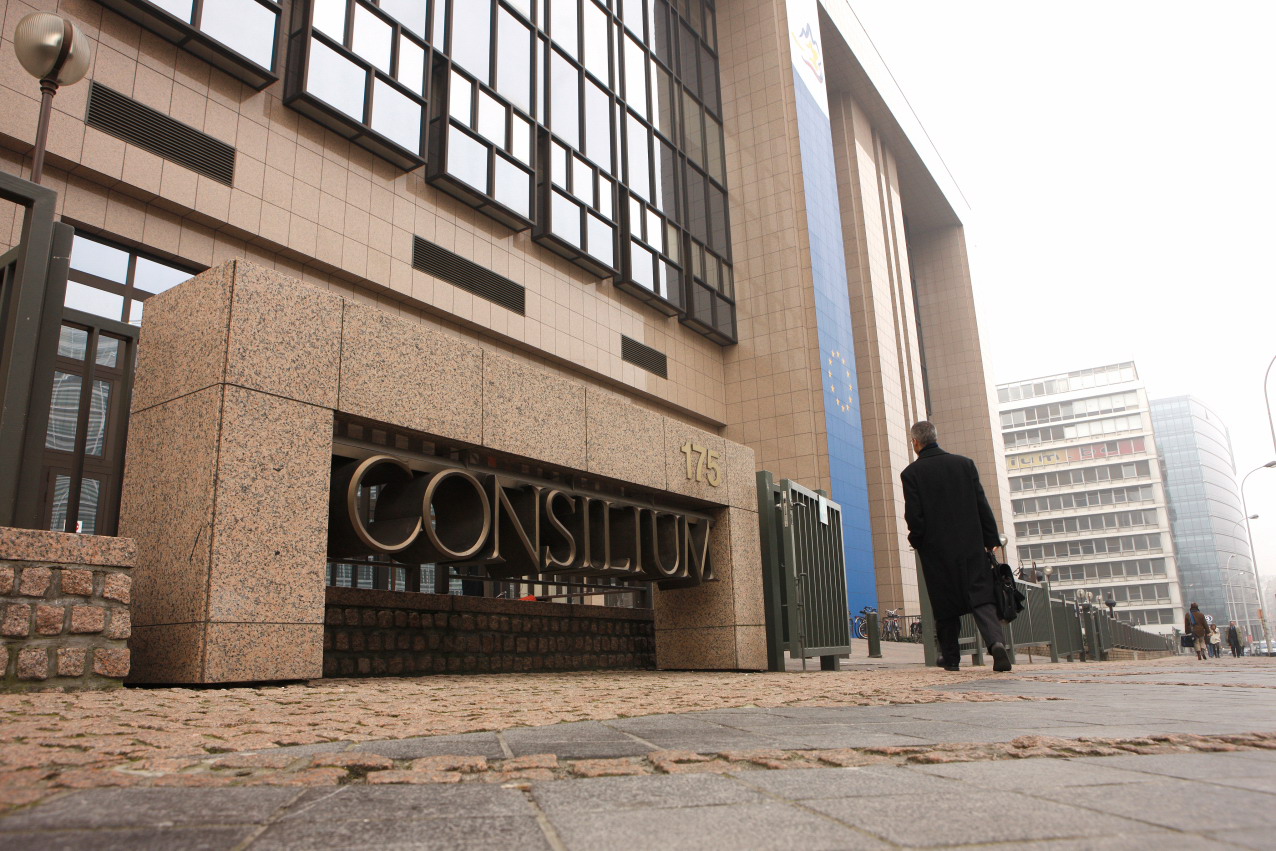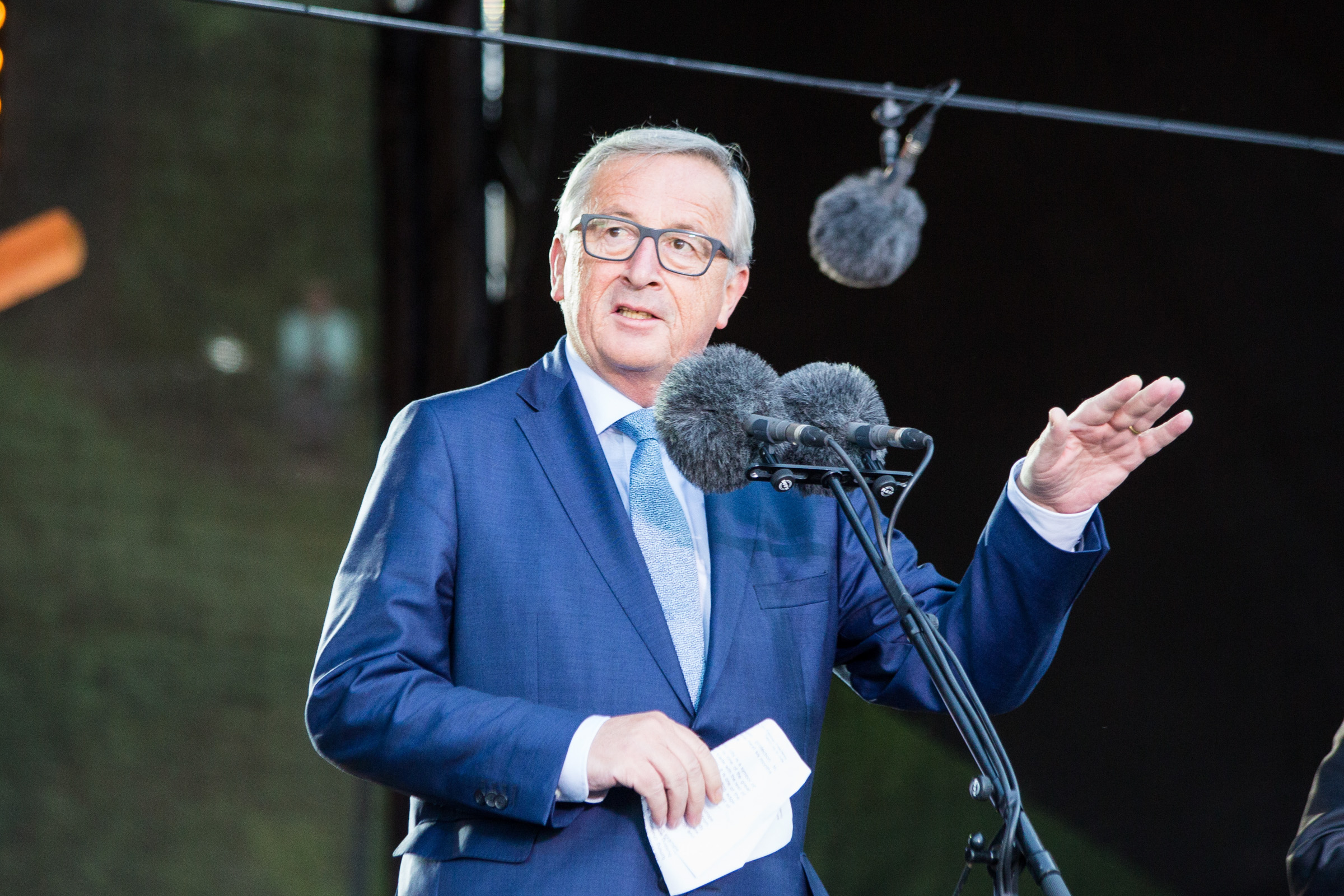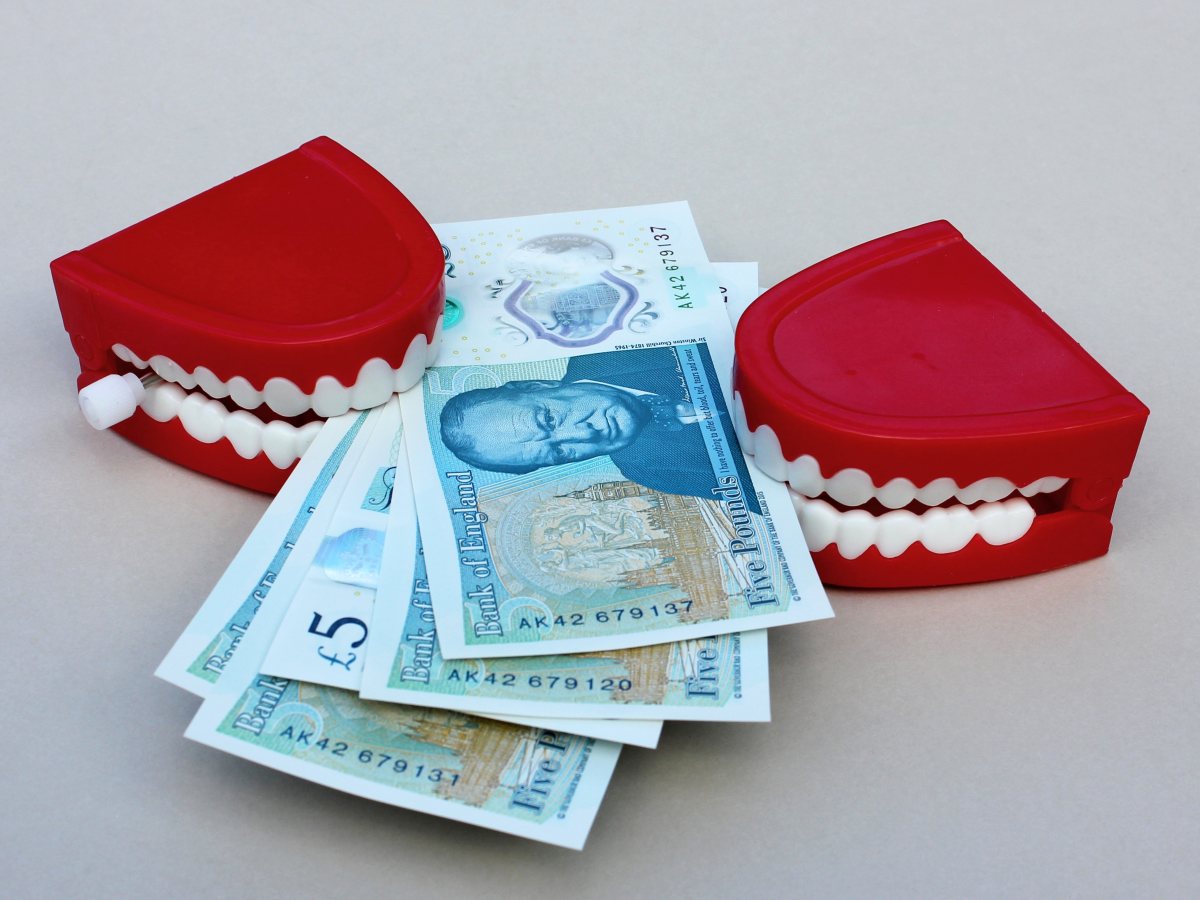POLITHEOR
European Policy Network
Blog 3 Columns
- Home
- Blog 3 Columns

The truth behind the BitCoin media hype2
- Digital Policy and Internet Governance, Op-ed
- 13/12/2017
Imagine if every time you read about breast cancer in the newspaper there was an image of a crab holding onto a breast next to the article.
READ MORE
Does faster legislation come at the cost of transparency?0
- EU Governance and Politics, Op-ed
- 10/12/2017
One of the main goals of the post-Lisbon Institutional reforms was to make EU decision-making more efficient. Following many claims that EU legislative processes are overly bureaucratized, the main goal of such efforts was to make the EU law-making more fit for the many ongoing challenges requiring great institutional re-activeness. The result of such fitness operation is quite striking.
READ MORE
Japan-EU trade deal: an uneven road ahead for EU car manufacturers?1
- International Trade, Op-ed
- 07/12/2017
The Japan-EU Economic Partnership Agreement (JEEPA) is especially beneficial for the Japanese car industry as it reduces tariff barriers on car imports from Japan. This new deal reinforces Japan’s trade strength in the car industry and asserts their growing dominance in the sector. The flip side of the deal ‘coining’ reveals two interesting aspects. One, in exchange of tariff reduction for Japanese cars, the EU will obtain tariff reductions mainly on its agricultural exports to Japan; more significantly on cheese. Two, the EU automobile market is offering a larger latitude to a country which is already a daunting competitor in the sector. Is the deal sending the EU on an uneven road?
READ MORE

Białowieża Forest: An unexpected venue for the Commission’s case against Poland0
- Environment and Energy, Op-ed
- 02/12/2017
Poland has become the prime example of recurring nationalism in the midst of Europe, fueling frictions between EU lawmakers and national leaders. But besides the pending disputes over constitutional changes and migration laws, the European Court of Justice ruling on the Białowieża Forest can define the course for the future relationship.
READ MORE
The answer to our most pressing environmental problems lies beneath our feet0
- Environment and Energy, Op-ed
- 26/11/2017
Soil is our most underappreciated, undervalued and yet most essential natural resource. Adopting restorative soil practices plays a key role in tackling many of the major challenges humanity faces today; food insecurity, climate change and biodiversity conservation.
READ MORE

Why the Commission President is wrong to go wide but not deep0
- EU Governance and Politics, Op-ed
- 19/11/2017
In his annual address to the European Parliament, European Commission’s President Jean-Claude Juncker set out a blueprint for his final two years in office, covering a wide range of policy areas. On his call for deeper and more inclusive integration for all Member States, I say we are rolling the ball back to the starting point: the avant-garde option remains the only plausible route to closer political unity in the continent.
READ MORE
Carbon Capture and Storage – another British blunder?0
- Environment and Energy, Op-ed
- 05/11/2017
In 2012, the British Government opened Carbon Capture and Storage (CCS) Commercialisation competition with a budget of £1billion to support the UK’s first commercial scale CCS projects. However, with the unexpected withdrawal of the funding in 2015, Norway has since developed a strategy aimed at realising a full-scale CCS chain by 2022. Is this yet another British blunder?
READ MORE
Brexit and the single market: Norway or No way0
- EU Governance and Politics, International Trade, Op-ed
- 24/10/2017
After recent declarations by Theresa May and David Davis, the UK’s conservative government seems to be convinced that a “hard” Brexit is the best option for the country. Discussions with the EU over the UK’s participation in the single market seem to have been halted and the Norwegian European model rejected. This is terrible news for UK trade and especially for the services sector which is the UK’s most important trading sector, with a trade surplus equating to 5% of the national income (about $138 billion).
READ MORE
